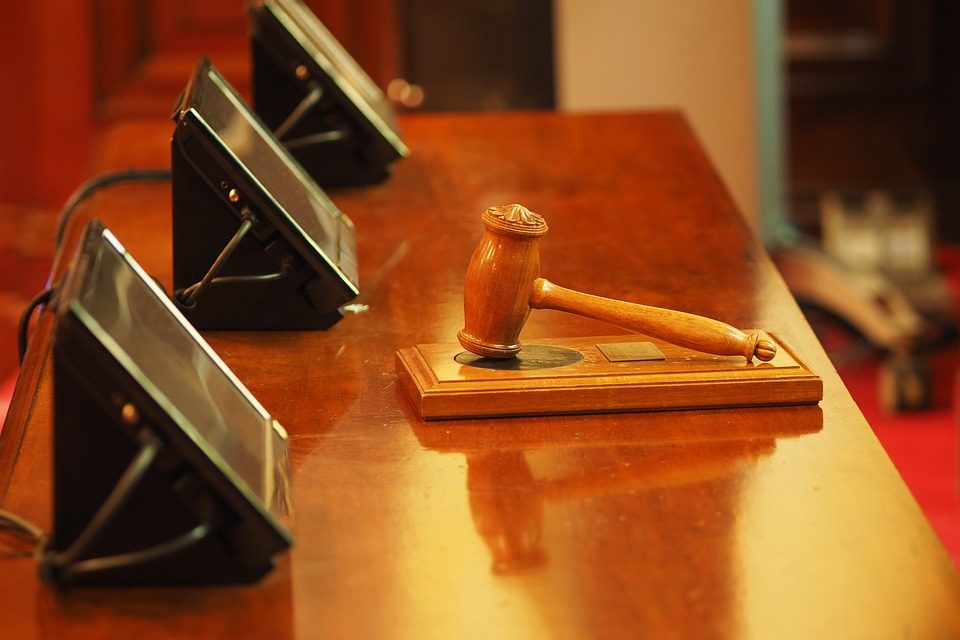- Inspects the goods before you bid
As a bidder, it is your responsibility to ensure you are satisfied with the condition of an item before you bid on it. Complaining that a piece doesn’t match your expectations after you’ve purchased it is a bit of a dodgy move in the eyes of auction goers, and it probably won’t go down well with the auctioneers, whether its auctions in Ireland or any other part of the world… You will be given the opportunity to personally inspect all items due to be auctioned in the days prior to the sale.
If you’re participating in an online bid, you probably won’t have the opportunity to view the lots in person, but you will be able to view photographs of the items and request more information if required.
- The Buyer’s Premium
As a novice, you’ll be forgiven for not knowing what the Buyer’s Premium is. The Premium is basically a tax imposed by the auction that’s added to the final hammer price to be paid by the buyer; the money is used to cover the organisational and administrative costs associated with setting up the auction. The amount charged varies considerably between auction houses, but it generally amounts to somewhere between 10% and 20% of the item’s sale price. Whilst you’re researching the buyer’s premium, it’s also having a look into whether there are any other deposits or fees that you’ll be expected to pay should your bids on an item be successful.
- Pick-up and payment methods
Some auctions will expect you to take your goods home on the day of the auction, whereas others will be happy to store your purchases for you for a couple of days. You’ll have to check whether there’s a facility for storage prior to engaging in the auction and make sure you have the means to take home any items that will need to be removed from the auction site on the day. You’ll also need to check that your payment method of choice is approved by your auction. Some auctions are happy to take credit cards and checks, but others prefer cash or card. Save yourself the disappointment of not being able to pay for your items by checking out the rules regarding payment before the auction begins.
- Set a budget
It’s easy to get caught up in the spirit of the auction and find yourself in an unwanted and potentially costly bidding war; too many people leave auction rooms with unwanted items that were purchased were far too much money in bidding wars with other hot-headed bidders. Reduce the chances of this happening by setting yourself a budget; view pieces beforehand, research their selling potential, and allocate yourself a budget accordingly.
5.1 Watch your bidding
The temptation when you set a budget can be to place your bid immediately, but this isn’t a good idea. Bidding too high too soon is unlikely to yield a good result for you; the auctioneer will react to your bid by increasing the asking price and your interest may spark a bidding war with other individuals who are interested. Following the bidding as it progresses and silently backing out when the price exceeds your budget is the best way to go.
- Overcoming Challenges in the Production of THC Seltzers - 10th May 2024
- The changes in dental marketing - 12th October 2022
- Online aligners or surgery based ones? - 12th October 2022








